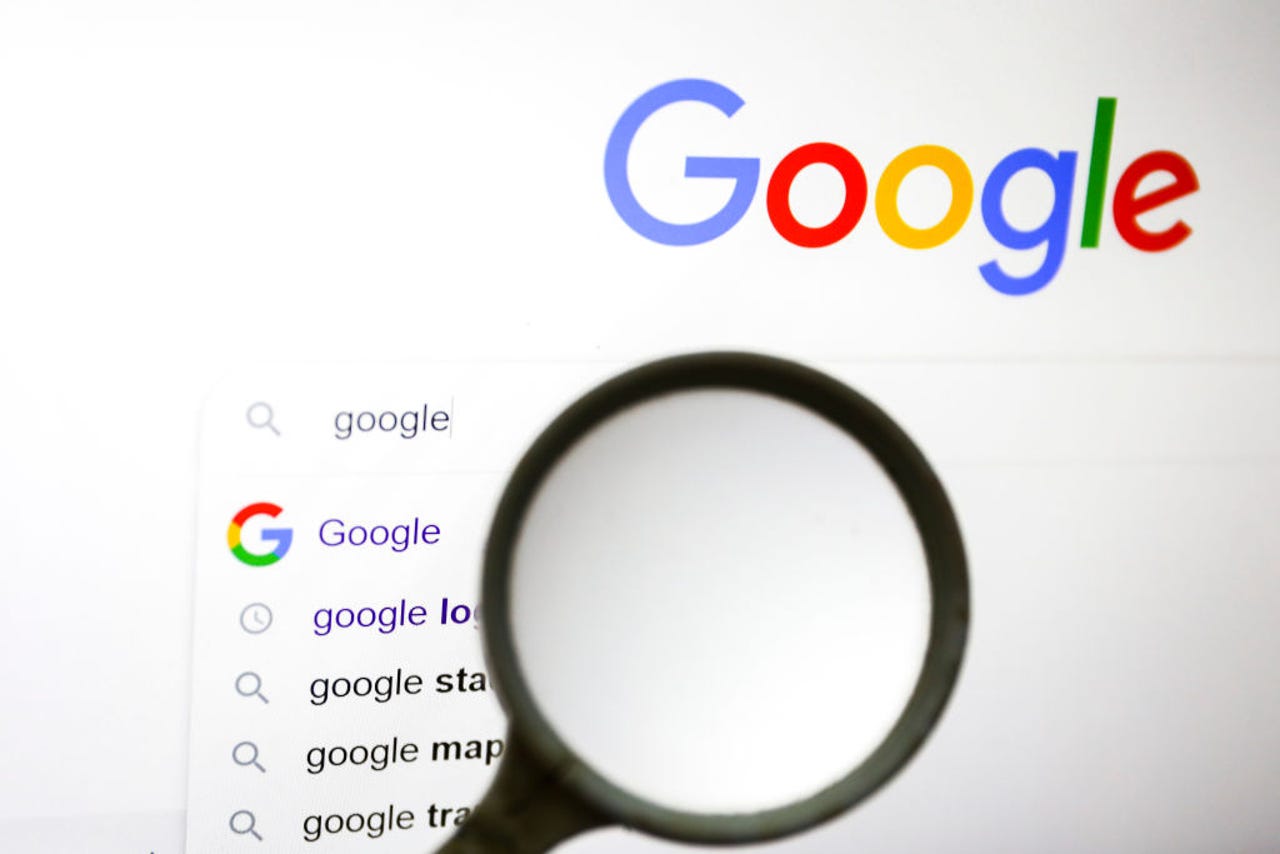The U.S. government is contemplating a historic move to break up Google, the world’s largest search engine, accusing it of causing “pernicious harms” to American consumers. Following an August court ruling that found Google had illegally stifled competition in online search, the Department of Justice (DoJ) has been exploring remedies to address these issues.

If the DoJ proceeds with its proposed remedies, and the judge in the case approves them, this could represent one of the most significant regulatory actions in big tech history. Google has fiercely opposed these measures, calling them “radical” and “sweeping,” and warning that they could harm consumers, businesses, and developers alike.
Google dominates the search engine market, handling approximately 90% of global online searches. The DoJ claims that Google leveraged its other products, like the Chrome browser and Android operating system, to funnel users to its search engine, where it profits by selling advertisements. The DoJ alleges this anti-competitive behavior has lasted over a decade, preventing potential rivals from gaining a foothold in the market. This has reportedly allowed Google to charge inflated prices for ads while lowering the quality of related services.
As part of the remedies under consideration, the DoJ is exploring options to prevent Google from using products like Chrome, its Play Store, and Android to promote its search engine and related services. The department is expected to provide more specific proposals by November 20, with Google expected to respond by December 20.
Google’s Response
In a blog post, Google’s vice president of regulatory affairs, Lee-Anne Mulholland, criticized the government’s proposals, calling them an overreach that could lead to higher prices for consumers. Mulholland defended Google’s practice of offering free products like Chrome and Android, explaining that they help users access the web and other Google services. She warned that if these products were separated from Google, they would need to generate revenue independently, which could result in increased costs.
Mulholland also pointed out that Google pays billions of dollars annually to companies like Apple and Samsung to make its search engine the default on their devices, effectively subsidizing those products. She argued that ending these payments would likely drive up the prices of such devices.
Despite Google’s claims of a competitive advertising market, the DoJ remains focused on addressing the company’s dominant position, even as alternatives like TikTok and Amazon gain traction in search. However, Google still controls over 50% of the ad search market.





